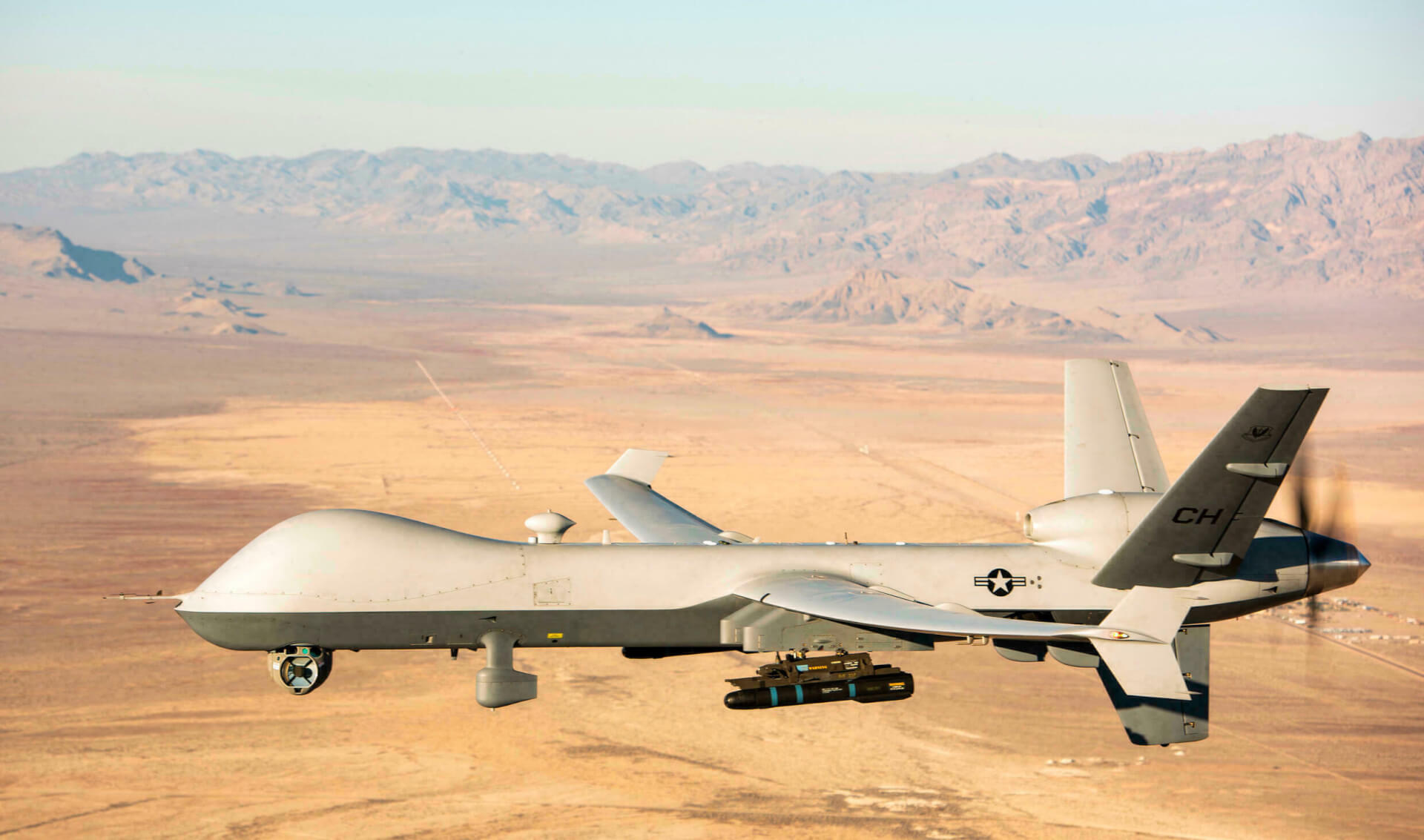On Friday, United States (US) Central Command spokesperson Major John Rigsbee confirmed that a US airstrike had killed senior Al-Qaeda leader Abdul Hamid al-Matar in Suluk, Syria as part of Washington’s efforts to curb the terrorist organisation’s influence in the region. In a statement, he also mentioned that the MQ-9 drone strike had “no indications of civilian casualties.”
Rigsbee said: “Al-Qaeda continues to present a threat to America and our allies...It uses Syria as a safe haven to rebuild, coordinate with external affiliates, and plan external operations. Al-Qaeda also uses Syria as a base for threats reaching into Syria, Iraq and beyond.” He added that the resultant drone strike, along with the death of a senior Al-Qaeda leader, “will disrupt the terrorist organisation’s ability to further plot and carry out global attacks threatening US citizens, our partners, and innocent civilians.”
Lastly, the statement asserted that the US will continue to “target members of Al-Qaeda and other terrorist organisations who intend to harm the US homeland.”
The strike confirmation comes two days after the US base at Al Tanf, located along the Syrian border with Jordan, was attacked by five booby-trapped drones. No organisation has claimed responsibility for the attack. However, according to ABC News, similar drone attacks against US forces in Iraq have been used by Iranian-backed militias, most notably Kataib Hezbollah. Currently, large parts of Idlib are dominated and controlled by Syrian opposition groups, including the once Al-Qaeda-affiliated Hayat Tahrir al-Sham.
The Pentagon did not comment on whether Friday’s drone strike was in retaliation to the previous attack. In September, the Pentagon confirmed the killing of another senior Al-Qaeda leader, Salim Abu-Ahmad, in the rebel-controlled north-west province, describing the operation as a “kinetic counterterrorism strike.”
The US maintains 1,000 troops in Syrian-Kurdish held areas as part of its ongoing efforts to combat the remnants of the Islamic State of Iraq (ISIS) and the Levant (ISIL). The conflict in Syria started in 2011 as a civil war during the Arab Spring but soon turned into a complex geopolitical quagmire that involved foreign militaries, small militias, and leftover ISIL and Al-Qaeda linked groups. The conflict has resulted in the killing of around half a million people and has displaced millions more.
In light of the US’ withdrawal from Afghanistan, these drone strikes serve as another reminder of the country’s continued presence in the region.
Days After Attack on US Base, Pentagon Confirms Killing of Senior Al-Qaeda Leader in Syria
The US Central Command confirmed the killing of senior Al-Qaeda leader Abdul Hamid al-Matar in a drone strike conducted on Friday.
October 25, 2021

SOURCE: AFP
